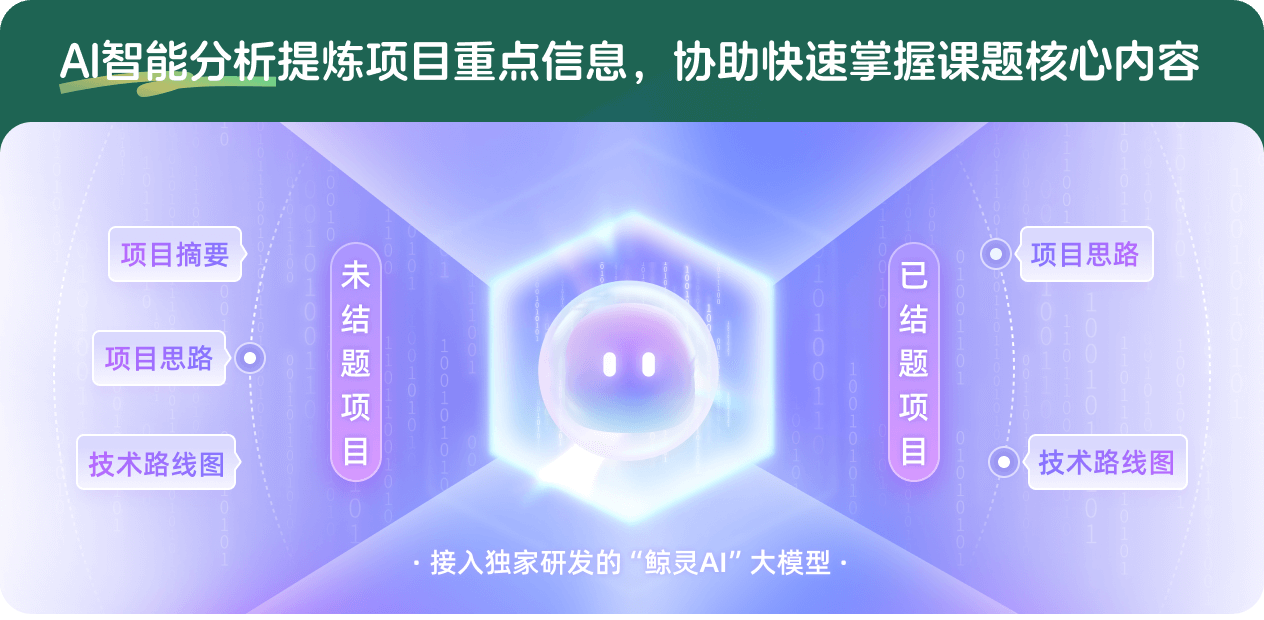量子模拟的计算复杂性研究
项目介绍
AI项目解读
基本信息
- 批准号:11875160
- 项目类别:面上项目
- 资助金额:60.0万
- 负责人:
- 依托单位:
- 学科分类:A2502.量子物理与量子信息
- 结题年份:2022
- 批准年份:2018
- 项目状态:已结题
- 起止时间:2019-01-01 至2022-12-31
- 项目参与者:袁怀洋; 马腾; 马悦驰; 宋学科;
- 关键词:
项目摘要
Due to the quantum parallelism, quantum devices outperform classical computers.However, the physical implementation of a quantum computer requires harsh technical conditions. Feynman proposed that quantum simulation, by building a controlled quantum system, can be used to study the physical systems which are otherwise impossible with current technology. Although quantum simulators are not as powerful as universal quantum computers, but they are sufficient to solve many-body problems in the quantum world. In this project, the absolute superiority of quantum simulation compared with classical methods will be verified by the researches of classification of the computational complexity in different physical and chemical quantum systems. The Boson sampling quantum simulator is also a tool to verify the superiority of quantum simulation. The correctness of digital simulation will be verified through the comparison of digital and analog simulation and the research of computational complexity classification, in order to ensure the quantum simulation is reliable and can accurately describe the quantum systems. In addition, the quantum effects in the open systems and the stability of quantum entanglement in these systems will also be included in this project.
量子计算机所固有的并行计算能力使得其计算能力远超经典计算机,但是量子计算机的物理实现所需要的技术条件也是非常严苛的。费曼主张利用量子模拟,通过构建可控的量子系统,用模拟的方式来研究在当前技术条件下难以研究的物理系统。量子模拟并不是通用的量子计算机,它的技术要求相对于量子计算机来说要低一些,但是已经可以用来解决量子多体问题。本项目将通过对不同物理和化学量子系统计算复杂性分类的研究,严格证明量子模拟与经典方法相比具有绝对的优越性。同时,波色子采样量子模拟器也是验证量子模拟优越性的有效工具。另外,本项目也将通过数字和类比模拟的比较和计算复杂性分类的研究验证数字模拟的正确性,以保证量子模拟是可靠的,可以准确地描述所研究的量子系统。除此之外,本项目也将研究开放系统中的量子效应,探索量子纠缠在这些系统中的稳定性。
结项摘要
信息时代的到来给现有的数据处理方法带来了巨大的挑战,而量子计算由于具有量子并行性,被认为是解决一些复杂问题的有希望的方法。为了找出量子计算的优势,可以采取多种方法,我们的重点是分析各种算法的复杂性及其分类。围绕上述内容,我们在量子计算的理论和实验验证方面进行了系统的研究,包括几何量子门的设计、量子态的非局域性、高斯波色采样、Landauer原理和引力的关联、量子计算复杂性的光学演示。有21篇论文发表在期刊上,包括《物理评论快报》 ,《量子》,《科学通报》,《自然通讯》,《光子学研究》。其中一些论文获得了上百次的引用。上述研究成果为拓宽量子计算的应用提供了理论和实验支持。
项目成果
期刊论文数量(14)
专著数量(0)
科研奖励数量(0)
会议论文数量(0)
专利数量(0)
Cosmic censorship and the evolution of d-dimensional charged evaporating black holes
宇宙审查和 d 维带电蒸发黑洞的演化
- DOI:10.1103/physrevd.101.064015
- 发表时间:2020
- 期刊:Physical Review D
- 影响因子:5
- 作者:Xu Hao;Ong Yen Chin;Yung Man-Hong
- 通讯作者:Yung Man-Hong
Enhancement of magnon-magnon entanglement inside a cavity
空腔内磁振子-磁振子纠缠的增强
- DOI:10.1103/physrevb.101.014419
- 发表时间:2020
- 期刊:Physical Review B
- 影响因子:3.7
- 作者:H.Y.Yuan;Shasha Zheng;Zbigniew Ficek;Q.Y.He;Man-Hong Yung
- 通讯作者:Man-Hong Yung
Error-resilient Floquet geometric quantum computation
容错Floquet几何量子计算
- DOI:10.1103/physrevresearch.3.033010
- 发表时间:2021
- 期刊:PHYSICAL REVIEW RESEARCH
- 影响因子:--
- 作者:Yuan-Sheng Wang;Bao-Jie Liu;Shi-Lei Su;Man-Hong Yung
- 通讯作者:Man-Hong Yung
Experimental Quantum Target Detection Approaching the Fundamental Helstrom Limit
接近赫尔斯特罗姆基本极限的实验量子目标检测
- DOI:10.1103/physrevlett.127.040504
- 发表时间:2021
- 期刊:Physical Review Letters
- 影响因子:8.6
- 作者:Feixiang Xu;Xiao-Ming Zhang;Liang Xu;Tao Jiang;Man-Hong Yung;Lijian Zhang
- 通讯作者:Lijian Zhang
Necessity for quantum coherence of nondegeneracy in energy flow
能量流中非简并性量子相干性的必要性
- DOI:10.1103/physreva.99.062303
- 发表时间:2019
- 期刊:Physical Review A
- 影响因子:2.9
- 作者:Teng Ma;Ming-Jing Zhao;Shao-Ming Fei;Man-Hong Yung
- 通讯作者:Man-Hong Yung
数据更新时间:{{ journalArticles.updateTime }}
{{
item.title }}
{{ item.translation_title }}
- DOI:{{ item.doi || "--"}}
- 发表时间:{{ item.publish_year || "--" }}
- 期刊:{{ item.journal_name }}
- 影响因子:{{ item.factor || "--"}}
- 作者:{{ item.authors }}
- 通讯作者:{{ item.author }}
数据更新时间:{{ journalArticles.updateTime }}
{{ item.title }}
- 作者:{{ item.authors }}
数据更新时间:{{ monograph.updateTime }}
{{ item.title }}
- 作者:{{ item.authors }}
数据更新时间:{{ sciAawards.updateTime }}
{{ item.title }}
- 作者:{{ item.authors }}
数据更新时间:{{ conferencePapers.updateTime }}
{{ item.title }}
- 作者:{{ item.authors }}
数据更新时间:{{ patent.updateTime }}
其他文献
其他文献
{{
item.title }}
{{ item.translation_title }}
- DOI:{{ item.doi || "--" }}
- 发表时间:{{ item.publish_year || "--"}}
- 期刊:{{ item.journal_name }}
- 影响因子:{{ item.factor || "--" }}
- 作者:{{ item.authors }}
- 通讯作者:{{ item.author }}

内容获取失败,请点击重试

查看分析示例
此项目为已结题,我已根据课题信息分析并撰写以下内容,帮您拓宽课题思路:
AI项目摘要
AI项目思路
AI技术路线图

请为本次AI项目解读的内容对您的实用性打分
非常不实用
非常实用
1
2
3
4
5
6
7
8
9
10
您认为此功能如何分析更能满足您的需求,请填写您的反馈:
翁文康的其他基金
量子力学、热力学和信息科学的交叉学科研究
- 批准号:11405093
- 批准年份:2014
- 资助金额:23.0 万元
- 项目类别:青年科学基金项目
相似国自然基金
{{ item.name }}
- 批准号:{{ item.ratify_no }}
- 批准年份:{{ item.approval_year }}
- 资助金额:{{ item.support_num }}
- 项目类别:{{ item.project_type }}
相似海外基金
{{
item.name }}
{{ item.translate_name }}
- 批准号:{{ item.ratify_no }}
- 财政年份:{{ item.approval_year }}
- 资助金额:{{ item.support_num }}
- 项目类别:{{ item.project_type }}